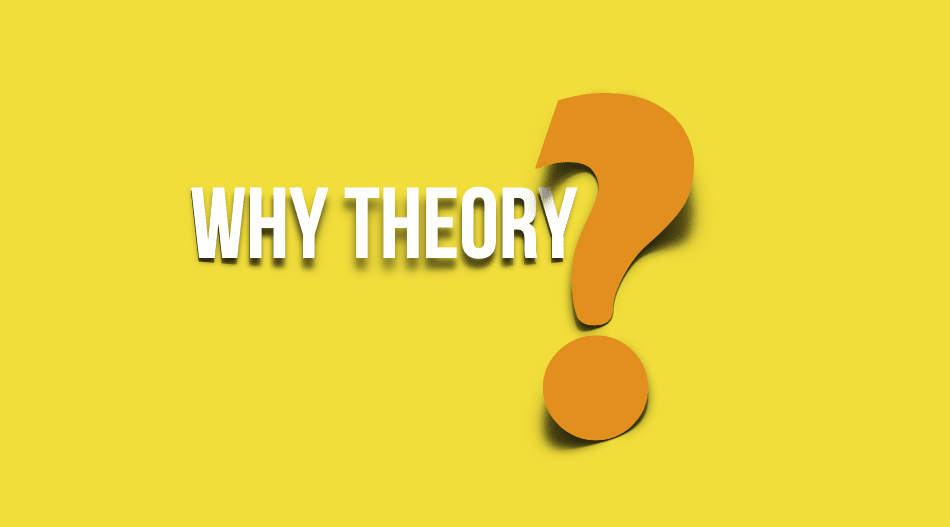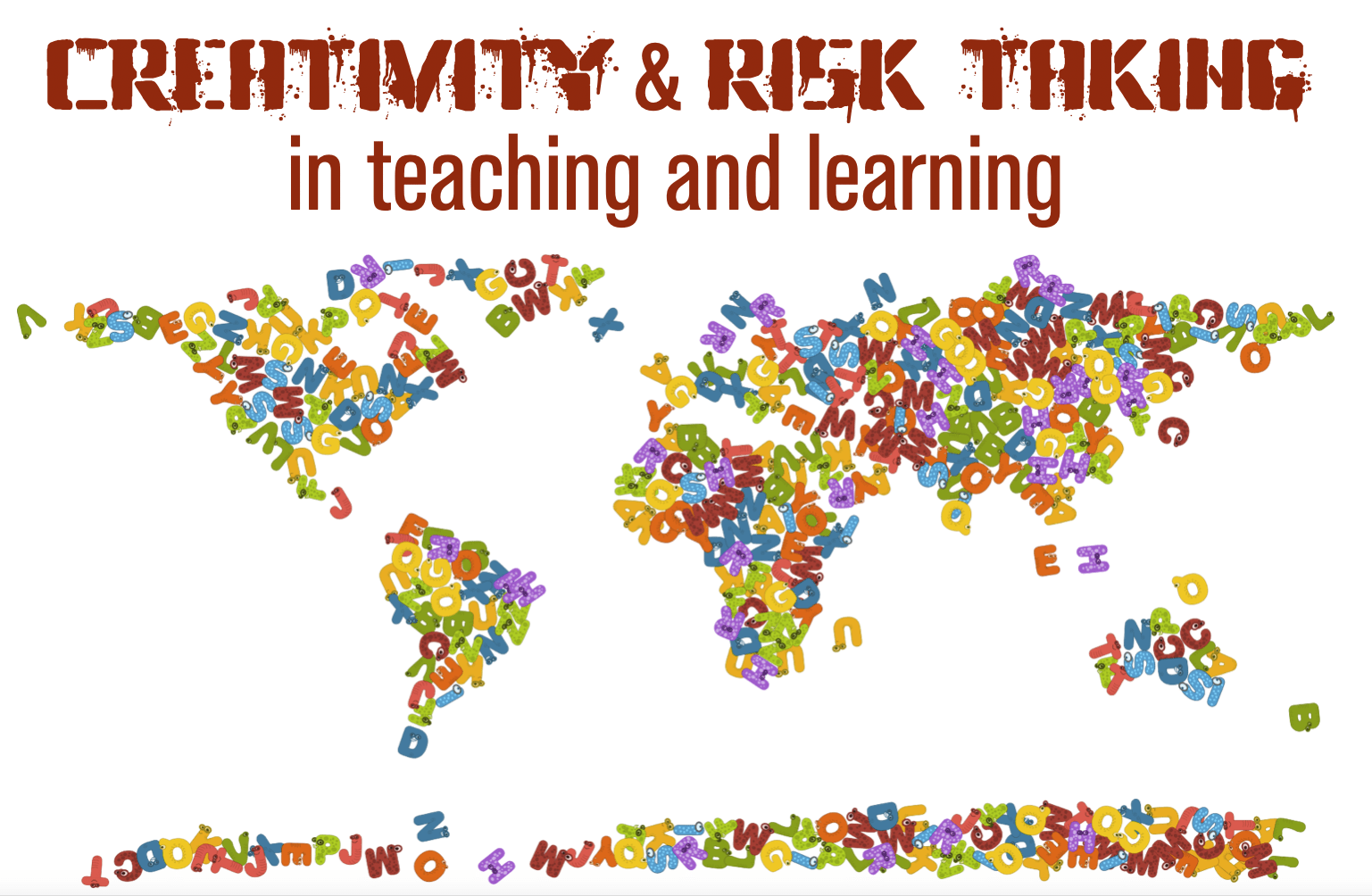Now here’s an important story coming out of Denmark: Students in Denmark Allowed Full Access to the Internet During Exams
I have always been a believer in allowing students to use any resources they can during examinations. If we care about authentic assessment, what can be more authentic than that. When I have a question that I need an answer to, or some topic I need to learn about, the first thing I do is go to Google. Why should students be denied that resource? Knowledge today is as much in our brains as it is distributed in artifacts (my laptop) and on the web. So it is heartening for me to read the following:
…the Danish government preach [sic] that the Internet is so much a part of daily life, it should be included in the classroom and in examinations.
With that belief, the government have taken the bold step of allowing full Internet access to several high schools during their final year exams. The implications of this are significant, particularly for the kinds of questions we ask in such exams. Clearly these have to change. No longer can we ask simple factual questions the answers to which can be easily found on the web. We have to ask questions that push students to compare and contrast opposing points of view, questions that push them to think critically about information, questions that push them to come to their own conclusions based on the information they can find.
I am not sure the Danish authorities have gone that far, yet. At least the story does not describe how assessment has changed. Their approach seems to be to constrain significantly the amount of time students have. As the story says:
Surprisingly, students themselves admit it’s not easy to cheat using the Internet during an exam. According to the JP news agency, students are given a very short period of time in an exam to sift through the mounds of data they can call up on the Internet to answer a single question.
One can argue that this is somewhat authentic, given that we often have limited time to come up with answers to questions.
I would prefer that the time limit be somewhat relaxed and greater attention paid to the kinds of questions being asked. The reason for this is that when we change modes of assessment the first thing that needs to change is how we teach. So opening examinations to the web will perforce change how and what teachers teach. Whether we like it or not, teachers teach to the test. And there is nothing wrong with that fundamentally, particularly if the assessment is authentic and valid. And that can only be a good thing.
What one cannot question is the fact that the Education ministry’s ideas are right on the mark. As the story concludes:
Training students to master the art of sorting through heaps of information is one of the Education Ministry’s main goals in the project. “The students have to learn to sort according to the quality of information found on the Internet,” said Keld Larsen, headmaster at Arhus State High School, one of the 13 participants in the trial.
That ability, to learn to assess different and large bodies of information, that may often contradict each other, is a critical skill and I am glad to learn of this effort. I wish more schools would follow suit with such initiatives.
One of the criticisms of this approach is that students would not learn the content. However, I really see this as a fallacy. Making sense of information requires a “primed” mind, a mind that has schemas that allow you to make sense of the information. Consider for instance, a question about the Pythagorean theorem. Do you really think a student with no background knowledge and understanding of the mathematics behind the theorem can answer a sophisticated question about the topic with little or now background knowledge of the topic? Not at all.
The flip side of using the web after we think learning has occurred (since exams are seen as a measure of learning) is how we can use the web before learning. Sean Nash over at Nashworld has a great post about schemas (what I, in a comment on his post called, priming) titled Prior Knowledge and the Flow of Learning, where us provides a rational and an example of how the web can be used to help students develop deep background knowledge prior to learning. If that seems somewhat paradoxical (learning before learning? Huh?) remember what Pasteur said, Chance favors the prepared mind. Just replace “chance” with “learning” and maybe this will make sense.
Image: Soctech





As far as I can see the cycle ends with us – the ones responsible, right now, for teaching teachers (or the teachers of teachers). Unless and until the teachers (or teachers of teachers) in our classes do not experience new ways of teaching and learning – there is no way this cycle can end. But it starts here.. with you and me. ~ punya
Hi Punya,
Interesting and thought provocative. Here are my two cents: If we need to change the way we test students, we must change the way we teach students, therefore, we also need to change the way we teach future teachers how to teach, then it goes back to the fact that we need to teach the teachers who teach future teachers to change traditional teaching methods. Where does this cycle end?
Brian, Thanks for your note. I think the only point I would add to what you wrote is that in an age of Google (or Bing or Wikipedia) testing for memory doesn’t make much sense. I know I am much more forgetful these days (the effect of age, no doubt) but, having the ability to look stuff up right off the bat is fantastic. Now the same technology is available to my kids as well. The big difference comes from my having broader frameworks of knowledge (stories, theories, ways of thinking) that he is yet to develop. What this means is that (a) I am usually better than him in finding information on the web since I ask better questions to Google; and (b) I can interpret what I read – the whole idea of analysis you mention.
As educators we need to be thinking of imparting these broader frameworks – that would allow learners to contextualize the facts that Google throws at them and to make their own judgement/interpretation of their validity and value.
Hi Punya,
I read your article with interest, and I particularly like your reply to Drew.
More and more people are just googling for information and treating the resultant searches as the absolute truth without any analysis whatsoever, and then passing on the results as their own knowledge.
I think it’s very important to have the emphasis on the “how” and the “why” of a subject as thats the only way one can know whether its the memory of the subject that’s being tested or the actual understanding of the subject matter.
Regards
Brian Barghout
Thanks Drew for that update. I hadn’t followed up on the story so it is good to know that it was consistent with what I had had been thinking. The key sentence in the post for me was the following: “some of the steps taken to avoid cheating, [were] for example ask how and why rather than when or who questions.”
This is how technology subverts traditional practice – it enters claiming to let us do what we did before in more efficient ways and then changes what it is that we do! Again this doesn’t mean that this is always for the good – but that is not the point I am trying to make.
Hi Punya, I too am on the CEP 820 course and read your post with interest. I wanted to find out what has happened since Nov. 2009 and eventually found a presentation from here
http://blog.eun.org/eminent/2010/11/plenary_ict_and_exams_danish_e.html
It doesn’t have any meaty conclusions but then I wouldn’t really expect it to after just 1 year and it seems it was successful enough for them to continue with their trials. I’m sure other nations will soon be following suit because critical thinking, filtering, evaluating and creating are all key 21st century learning skills and would seemingly be supported in this assessment environment.
Frances, I think you hit the nail on the head when you say that one of the course instructors knows you due to prior interactions. That is key. It is only when we know our students AND we provide assignments that cannot be easily copied that the issue of cheating becomes moot. Knowing your students doesn’t mean becoming their friend but rather understanding where they are in developing knowledge of the domain. It is then that open-ended assignments can start making sense, since you are no longer setting a single bar for every student, but rather knowing that each student grows and develops in their own way.
For some reason, I have never really been bothered by the whole “who is on the other side of the wire” issue. That may be a function of the courses I teach but I am not so sure. Some additional thoughts on this issue can be found here
http://punyamishra.com/2009/11/13/all-you-can-cheat-part-ii-a-response/
thanks for reading and writing
~ punya
Hi Punya,
As someone currently enrolled on MSU MAET CEP820, this is interesting. It is something I have been thinking about as I have planned various lessons that require a student to actually communicate with their peers, create a film they have to be in etc.as one way to know that the student is who they are, and are not cheating by having someone else do the work for them. What interests me though is the following: as an online student, how do I convince my instructor that it is me who is doing the work? This is not an issue for me simply because one of the course instructors was my ‘live’ instructor over the summer and so knows my work, style, attitude etc. I do not have to really prove I am the one doing the work per se. But, what if I could not prove it? What do I do? This form of cheating by having someone do work for you is an issue for the student as well as the instructor.
I like the challenge of this! It’s no different than an open book test on a novel, for example.
Jacquie, did you get a chance to read my more recent blog post in response to Patrick’s comment. You can find it at http://punyamishra.com/2009/11/13/all-you-can-cheat-part-ii-a-response/
thanks for reading (and posting your thoughts) ~ punya
I agree with Patrick, the implications for writing test questions are enormous… However, if done correctly it should be able to give a much better picture of the student as a learner and their progress.
Patrick, a response to your comment, is available as a new blog post. It just got too long to place here.
Amber, thanks for your comment.
Punya,
Do you have any words of wisdom or resources on how to create appropriate questions? This sounds great, but easier said than done in my humble opinion.
Cool! If I am tired of doing research in the Netherlands on how to stimulate students to use webinfo critical, i’m moving to Denmark. I was there last summer, had a great time, wouldn’t mind moving there!
Totally agree with your post!